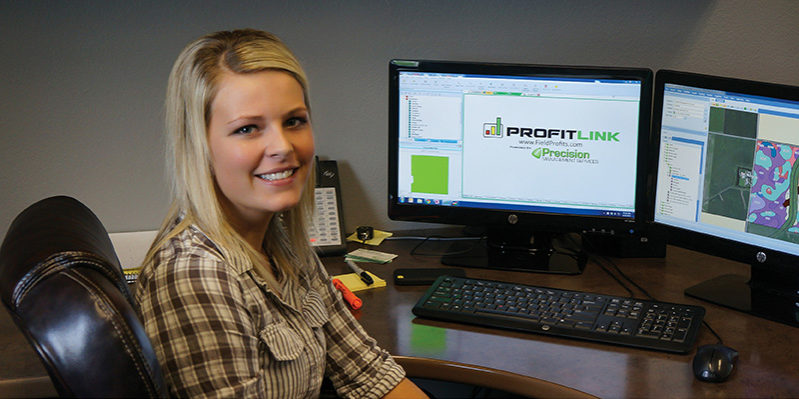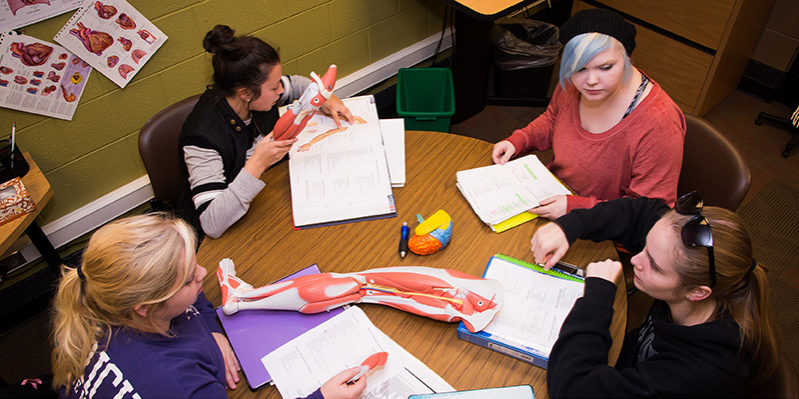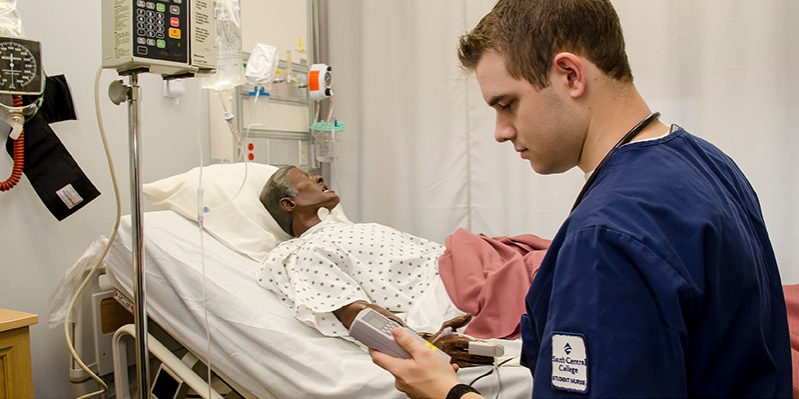
Many technical careers require two years of college or even less, but that short-term investment can make a big difference in earning potential. The focus of technical and professional education is ensuring students are equipped with the skills they need to immediately begin a rewarding career in their chosen field. Several recent economic studies shed light on the outlook for national and local jobs, and help answer the question, “How much higher education do I need?”
More Job Openings for Skilled Workers
According to “Help Wanted: Projections of Jobs and Education Requirements through 2018,” a study by Georgetown University:
- By 2018, the U.S. economy will create 46.8 million job openings and 63 percent of these will require workers with at least some college education.
- By 2018, the postsecondary system will have produced 3 million fewer college graduates than demanded by the labor market.
Middle-Skills Jobs on the Rise
One in every five jobs and nearly half of those that pay $35,000 or more a year are “middle-skills” jobs that require training beyond high school, but less than a bachelor’s degree. In “The College Payoff,” labor market economists at Georgetown University indicated that 28 percent of workers with an associate degree earned more than the median earnings of workers with bachelor’s degrees. The high earnings of registered nurses have a lot to do with that, but it’s not just nurses. The economic benefit of additional education over a lifetime can be substantial. An associate degree is worth over $420,000 more in lifetime earnings than a high school diploma.
Add it up and the middle looks like a pretty nice place to be!
Career Choices Aplenty
In choosing a career, it’s important for individuals to know their personal interests and talents, the job outlook for occupations matching those interests and talents, the education required and the earnings you can expect annually and over a lifetime.
There are plenty of career areas from which to choose. See the next eight pages to learn about career opportunities in the SC technical and professional areas:
- Advanced Manufacturing
- Agribusiness
- Allied Health & Nursing
- Arts & Communications
- Building & Design
- Business
- Human Services
- Transportation




